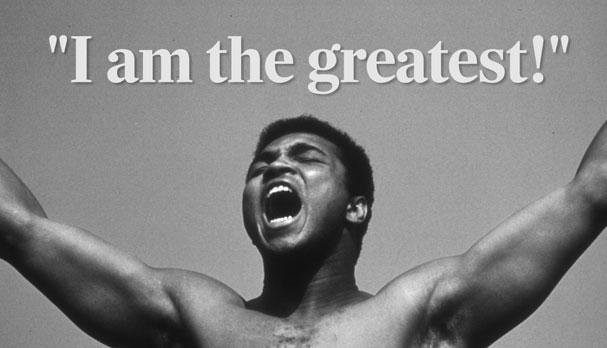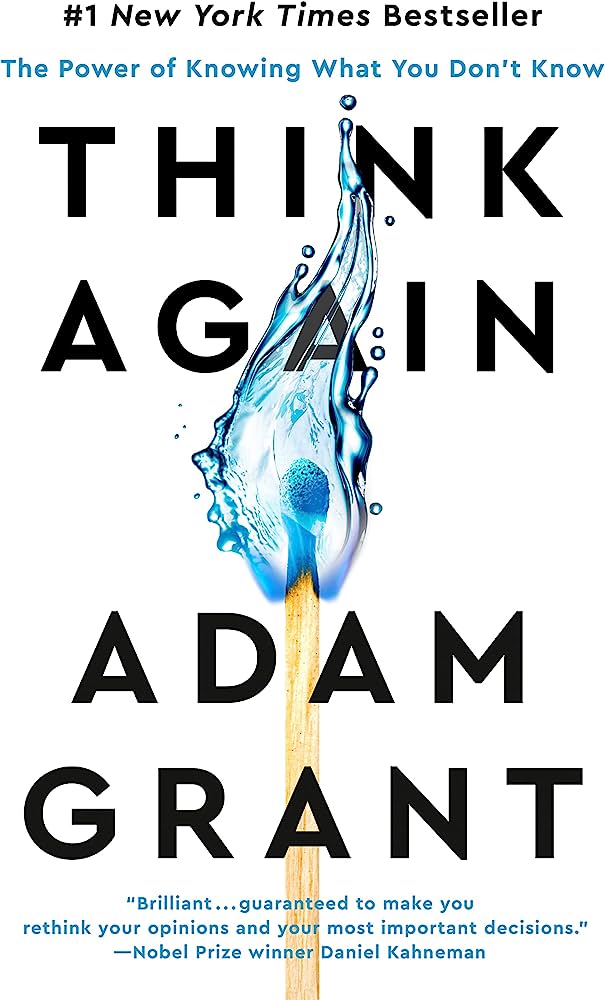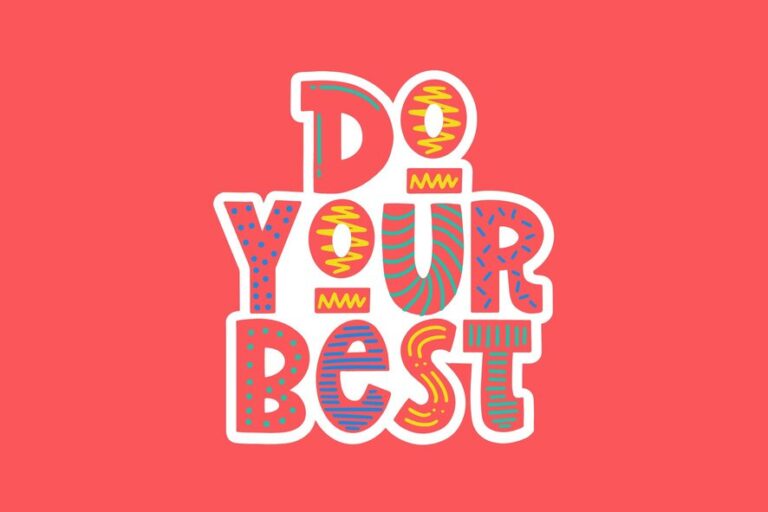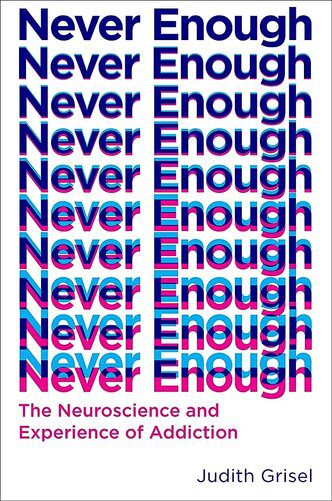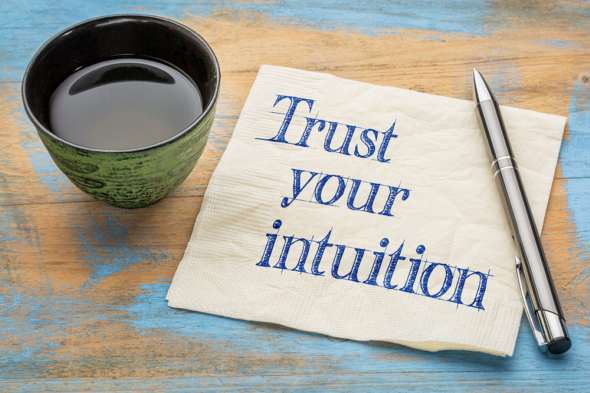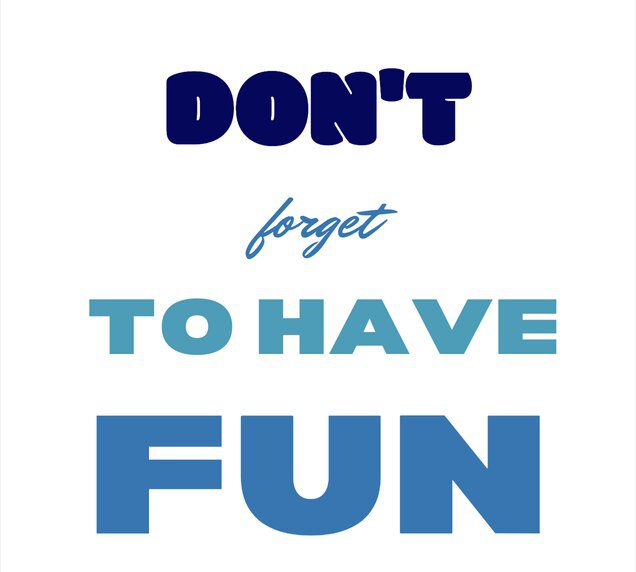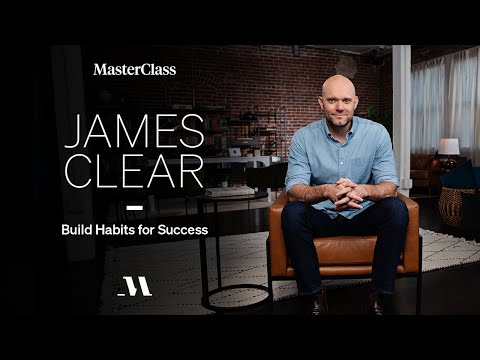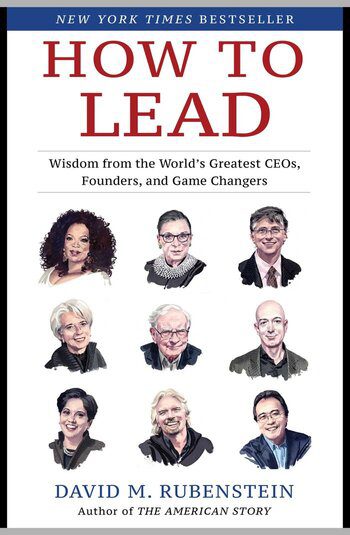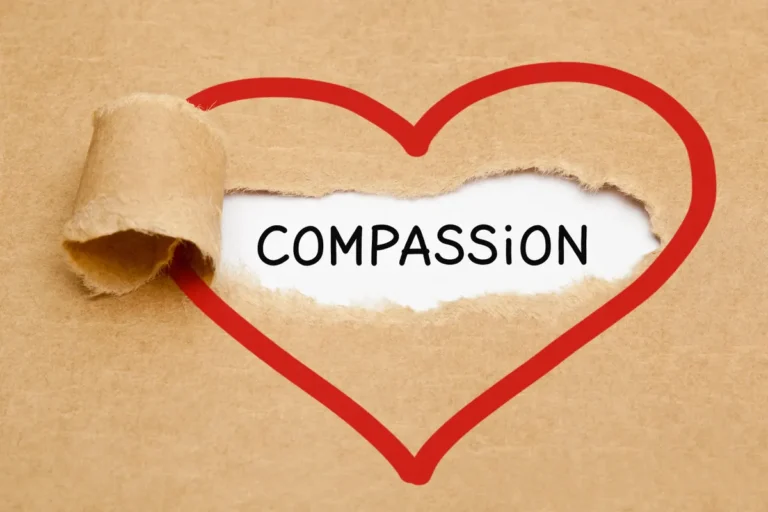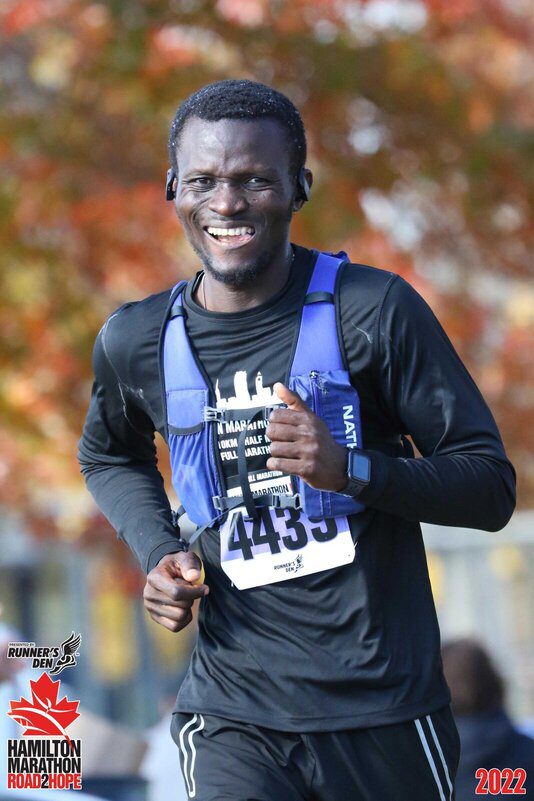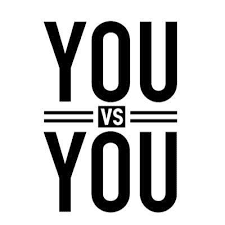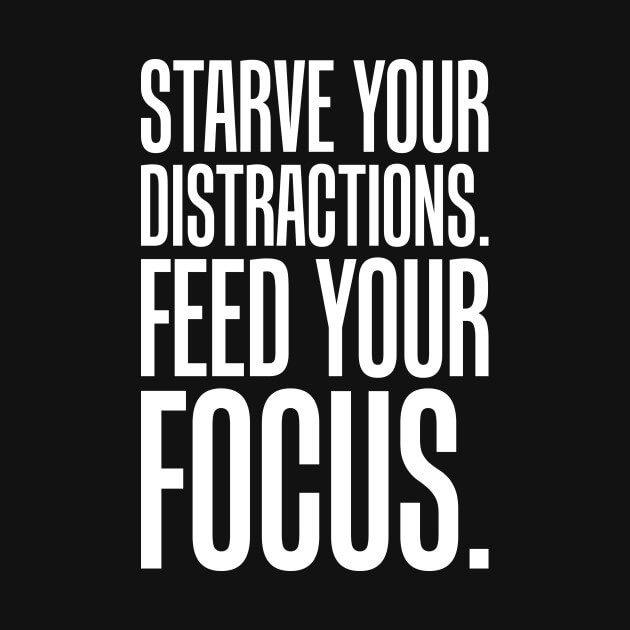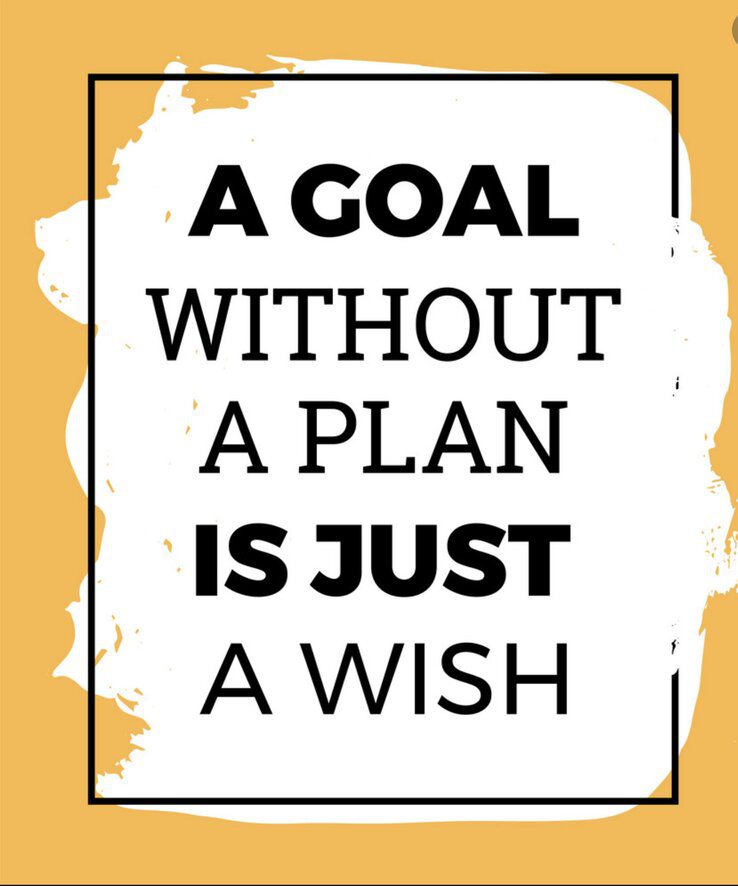“I AM” is one of the most important words to change your life. One of the daily practices I have cultivated since the COVID-19 pandemic lock-down is writing a gratitude journal daily. One of the five-minute gratitude journal entries is “Today’s Affirmation: I am…” The Daily Affirmation is a simple statement that defines you as you want to be. You prime your brain to build this belief whenever you write the daily affirmation. With consistency, you will begin to create that change from within.
In Think Again: The Power of Knowing What You Don’t Know, Wharton’s top-rated professor, organizational psychologist and bestselling author Adam Grant explores how rethinking happens, the Value of rethinking, and adopting mental flexibility/agility. He describes how we can challenge our intuition, accept and implement criticism and establish a challenge network to push our thinking to greater levels.
The book is an invitation to let go of knowledge and opinions that are no longer serving you well, and to anchor your sense of self in flexibility rather than consistency.
I recently ran a marathon personal best at the 2023 GMS Queen City Marathon in Regina, Saskatchewan, which was my sixth full 42.2 KM marathon in 2023. I reduced my marathon personal best from 3 hours and 44 minutes, which I ran last year at the Beneva Montreal Marathon, to 3 hours and 20 minutes, a drop of 24 minutes. It was one of the most exciting moments in the ten years of my marathon running adventure. Before the Regina Marathon, I had increased my training volume to about 100 KM per week/10 miles per day, and my effort is beginning to pay off. As the Navy seal saying goes: “We play the way we train.” I am trying to qualify for the 2025 Boston Marathon, and I need a time of at least 3:05 minutes to qualify for Boston.

In Never Enough: The Neuroscience and Experience of Addiction, behavioural neuroscientist and recovering addict Judith Grisel shares how she transforms her life from a daily drug user and college dropout to becoming a renowned behavioural neuroscientist. She writes about the lessons learned in her over twenty-five years of experience as a researcher studying the neuroscience of addiction. The principles thus shed light on the biological dead end that perpetuates substance use and abuse: namely, that there will never be enough drugs because the brain’s capacity to learn and adapt is infinite.
Understanding the mechanisms behind every addict’s experience makes it very clear that short of death or long-term sobriety there is no way to quell the screaming need between exposures. At the point where pathology determines behavior, most addicts die trying to satisfy an insatiable drive.
Your conscience shouts, ‘here’s what you should do,’ while your intuition whispers, ‘here’s what you could do.’ Listen to that voice that tells you what you could do. – Steven Spielberg
Intuition is the ability to understand something immediately without needing conscious reasoning. Intuition is often called inner knowing, immediate cognition, gut feeling, sixth sense, or hunch. It is that voice that knows the answer before you even ask the question; it is that inner wisdom that guides and leads you to the right path. Your intuition is usually more critical than your intellect because it knows best. Our intuition is usually silent; it whispers and knows what is right for us to do. Most of us don’t get to listen to our inner voice as the noise from our childhood indoctrination, societal programming, and domestication has crowded our ability to listen to ourselves. Social Media even makes listening and following one’s intuition even more challenging as we are all locked into our tiny bubbles.

Our intuition always speaks to us, but we rarely listen as we usually have drowned out our inner voice due to the noise around us. Listening to your inner voice clearly requires being able to differentiate the signal from noise, prioritizing your life and focusing on what really matters. When you don’t listen to your inner voice, you stay in a toxic relationship or a draining job, fail to set healthy boundaries, and continuously live on autopilot. Trusting your intuition could save your life and save you the stress and drama of engaging with negative people and toxic environments.
There is a universal, intelligent, life force that exists within everyone and everything. It resides within each one of us as a deep wisdom, an inner knowing. We can access this wonderful source of knowledge and wisdom through our intuition, an inner sense that tells us what feels right and true for us at any given moment. – Shakti Gawain
The 30th edition of the Montreal Marathon was held on September 24, 2023. It was my second half-marathon of the year and I ran a personal best time of 1 hour 33 minutes. The half-marathon is a warm-up run as part of my ten Canadian province challenge, wherein I am running a marathon across the ten Canadian provinces. I have already run six and I have four more to go. It is always great to run a personal best and dig deep inside to push oneself to the next level. As the saying goes, we play the way; we train. I had recently run a personal best for the full marathon two weeks earlier in Regina, Saskatchewan. I ran a time of 3 hours 20 minutes which is a reduction of 24 minutes to my former personal best which I ran in the 2022 Montreal Beneva Marathon.
It is great to see the hard work finally begin to add up and make more sense. Prior to these back-to-back personal best runs, I had increased my weekly running volume to around 90-100 KM. In the months of June and July, I was averaging at least 10 miles per day. I still have a long way to go to qualify for the Boston Marathon. My personal best is presently 3:20 and I need a time of 3:05 for Boston. I am getting closer and it is going to require more more and consistency.

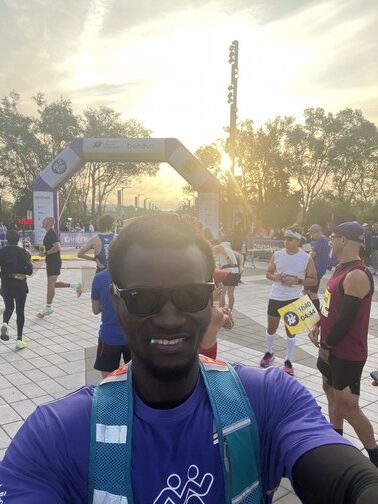

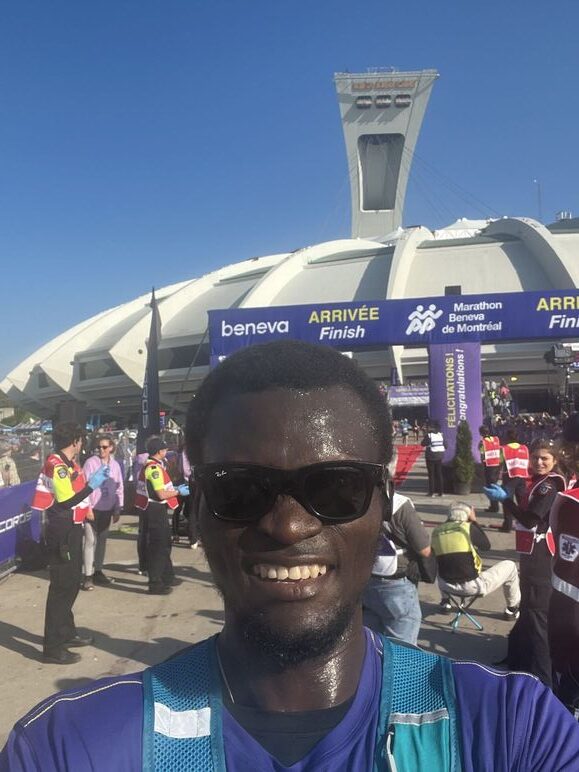
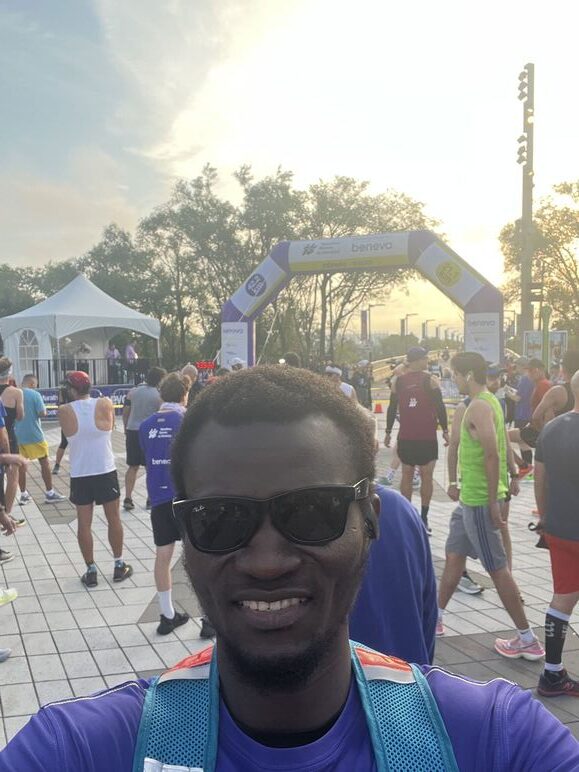
Meditation
- Daily Calm with Tamara Levitt -Love and Acceptance
- Even though challenges are a part of life, it isn’t easy when we are in them. It is helpful to remember that: All challenges come and all challenges go.
- Affirmations: May I be happy and learn and grow from all my challenges. May I accept myself just as I am. May I be kind to myself,
Daily Jay with Jay Shetty – Unlikely Teachers
- I have learned silence from the talkative, toleration from the intolerant, and kindness from the unkind; yet, strange, I am ungrateful to those teachers. – Khalil Gibran
- We can’t control how other people behave; we are all on our own separate paths at different points on our journeys. Sometimes we are going to run into people whose behaviour we don’t like, it can be easy to let them bring you down, but with patience and intention, you can learn from them. Instead of letting your frustration overwhelm you, identify what actions or traits make you bristle, then engage in some self-reflection.
Podcast
- When your dinner is printed with Eshchar Ben-Shitrit of Redefine Meat | How I Built This with Guy Raz
Life is too short to spend with things, associations, and relationships that are not serving you. You are here for a particular purpose; your job is to find out what your purpose here is and have fun doing it. If it is not fun or it stops being fun, you need to re-evaluate why you are engaging in any activity. I am a Manchester United fan, and I used to watch almost every game played by the team; as I have been supporting the team since 1998. With time I began to become emotionally engrossed with the team’s performance. I have a rule: If it stops being fun, I re-evaluate my engagement. For the past 5 years now, I don’t remember watching a full Manchester United game or any soccer game; I would rather watch the highlights.
It is the same approach that I use for anything that I am involved in. If an activity, engagement, relationship, or thing stops having an element of fun, I drop it. I try to get myself involved with a lot of activities and hobbies such as Reading, playing basketball, pickleball, running, tennis, swimming, cycling, and meditating. I have the most fun when am engaged in these activities as I usually habit stack when engaged in them. For example, when I am playing basketball; it is usually the time I use for listening to French podcasts. At the core of almost anything I do is a pursuit of joy, happiness, and fun.
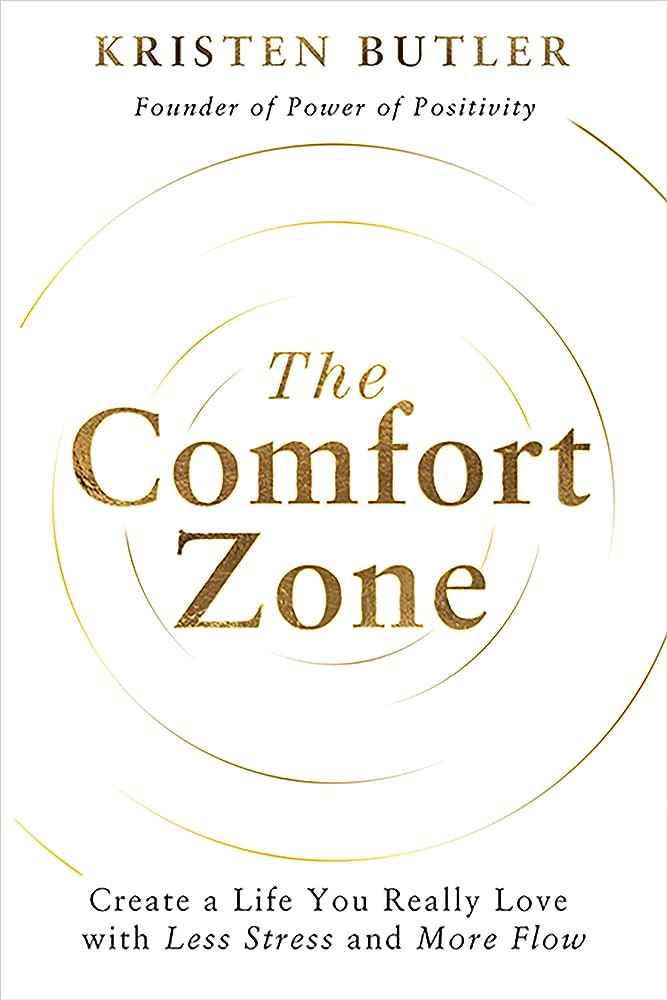
Fun is underrated in our overachieving, stress-filled modern society. Many people idolize hard work and associate having fun with being childish, giving rise to ideas and expressions like “Work hard, play hard,” and “All work and no play,” in which the term play is associated with fun, perhaps irresponsible behavior, and work speaks to our responsibilities as adults.
Having fun is one of the most human things we can do. Fun, laughter, excitement, appreciation, enjoyment—these often exist in close proximity to one another. When we tap into one, we gain access to the others.
And yet, most people go through their days never asking what would be fun for them. It’s almost as if stopping and taking time to have fun would mean delaying more important things or being irresponsible. We might live entire weeks or months without choosing a single activity that is fun for us. In the worst case, we might think that by not having fun, we’re being productive grownups, as though one of the requirements of “adulting” is becoming a dull, non-fun version of ourselves.
“When you realize that having fun is an attitude and that fun is available to you even during your hardest days, you start enjoying your life more. Nothing has to change for this enjoyment to seep into your life, because it’s not the outside world that creates your enjoyment, but rather how you choose to interact with that world.”

In Just for Fun: The Story of an Accidental Revolutionary, the creator of Linux Kernel 2, Linus Torvalds, chronicles his journey of creating Linux and distributing it on the internet for free. Linus started a revolution by following his bliss and having fun in the process. The Linux Kernel is used today for. various operating systems, and the Android OS is based on it. Linux today has 42% of the global OS market.
Basically it is short and sweet. It won’t give your life any meaning, but it tells you what’s going to happen. There are three things that have meaning for life. They are the motivational factors for everything in your life––for anything that you do or any living thing does: The first is survival, the second is social order, and the third is entertainment. Everything in life progresses in that order. And there is nothing after entertainment. So, in a sense, the implication is that the meaning of life is to reach that third stage. And once you’ve reached the third stage, you’re done. But you have to go through the other stages first.
There are three things that have meaning for life. They are the motivational factors for everything in your life––for anything that you do or any living thing does: The first is survival, the second is social order, and the third is entertainment.
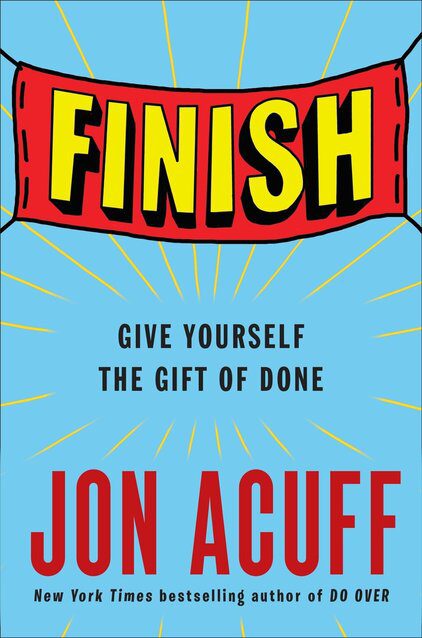
Make It Fun if You Want It Done 3
Perfectionism and fun are like oil and water. They don’t mix. Perfectionism thinks fun is a waste of time and holds no value. Unfortunately, most of us tend to feel the same way.
The reason we pursue goals we don’t like is twofold: We think goals have to be miserable. We believe perfectionism when it tells us that fun goals don’t count.
Remember, perfectionism will tell you that fun doesn’t count. Even worse, it will tell you that using rewards or fears as a form of motivation to reach your goal is a crutch. You’re the only one with stupid, fun, weird systems.
The closer you get to finishing, the more interesting everything else in your life becomes. It’s as if you’ve put on distraction goggles. Things you never noticed pop up and dance tantalizingly across your vision.
Meditation
- Daily Calm with Tamara Levitt -Seasons
- A shift in season can sincerely support the process of release. The earth’s natural change cycle invites people to slow down and pay attention. As the seasons change, we are given an opportunity to practice letting go.
- When summer transitions to fall, the trees become a canvas of orange and red, and the leaves slowly shed and float to the ground. We might be inspired to release beliefs that no longer serve us. When winter becomes spring, the ice melts, and the soil is cleared for new seedlings to sprout. We might use this period to clear our minds and declutter our homes, making room for fresh ideas and projects. When the wind blows away debris or the rain washes the street clean, we can mirror the earth’s inherent wisdom by shedding old habits.
- As we let go of what has not been working, we create room for what will – new beliefs, new ideas, and new intentions. Contemplate what you are ready to let go of, it maybe an outdated assumption about yourself.
To let go is to release the images and emotions, the grudges and fears, the clingings and disappointments of the past that bind our spirit. – Jack Kornfield.
- Daily Jay with Jay Shetty – When to Quit.
- Moving on is not necessarily a sign of failure; as we move through life, we are often admonished not to quit, “stick with it”, “never surrender,” and “never give up.” When we are chasing our purpose, we frequently have to push through rejection and failure, which can be incredibly hard. Just as hard as it seems, you shouldn’t quit just because you don’t see success as quickly as you hoped, you shouldn’t quit due to frustration and uncertainty.
- Achievement requires commitment and perseverance. Most worthwhile goals take considerable time and effort. There are times to pivot, let go, and choose differently. Quitting, like all things, can be intentional and thoughtful, we don’t have to throw in the towel; instead, we can watch fold and return it.
Podcast
- Delight and Joy Are Survival Mechanisms and Acts of Resistance | Ross Gay | Ten Percent Happier with Dan Harris
All the best in your quest to get better. Don’t Settle: Live with Passion.
The No. 1 NYT bestselling author of Atomic Habits: An Easy & Proven Way to Build Good Habits & Break Bad Ones, James Clear, disrupted the self-help industry by simplifying success for millions. From navigating hybrid work to resisting endless distractions, build habits that stick, break habits that suck—outsmart yourself—one small-but-mighty step at a time.
In How to Lead: Wisdom from the World’s Greatest CEOs, Founders, and Game Changers, American lawyer and co-founder of the private equity firm The Carlyle Group, David Rubenstein interviews and profiles some of the world’s most successful individuals. He shares his discussions, advice, and wisdom from CEOs, presidents, founders, and master performers from the worlds of finance (Warren Buffett, Jamie Dimon, Christine Lagarde, Ken Griffin), tech (Jeff Bezos, Bill Gates, Eric Schmidt, Tim Cook), entertainment (Oprah Winfrey, Lorne Michaels, Renee Fleming, Yo-Yo Ma), sports (Jack Nicklaus, Adam Silver, Coach K, Phil Knight), government (President Bill Clinton, President George W. Bush, Ruth Bader Ginsburg, Nancy Pelosi), and many others.
David Rubenstein has had a long fascination with different individuals becoming and staying leaders. In 2008, he became the president of the Economic Club of Washington, D.C., and began almost monthly interviewing a prominent business, government, or cultural leader. As a follow up he started the Peer to Peer interview show on Bloomberg TV in 2016 (broadcast on PBS as well since 2018). The How to Lead Book is an outgrowth of these interviews and is designed to provide the reader with the perspectives of different kinds of leaders, with the hope that readers might be inspired to develop or enhance their own leadership skills.
Rubenstein divides the leadership experience of interviewees in the book into six categories:
- Visionaries: Jeff Bezos, Bill Gates, Richard Branson, Oprah Winfrey, and Warren Buffett
- Builders: Phil Knight, Ken Griffin, Robert F. Smith, Jamie Dimon, and Marillyn Hewson
- Transformers: Melinda Gates, Eric Schmidt, Tim Cook, Ginni Rometty, and Indra Nooyi
- Commanders: George W. Bush and Bill Clinton, Colin Powell, David Petraeus, Condoleezza Rice, and James A. Baker III
- Decision-Makers: Nancy Pelosi, Adam Silver, Christine Lagarde, Anthony S. Fauci, and Ruth Bader Ginsburg
- Masters: Jack Nicklaus, Mike “Coach K” Krzyzewski, Renée Fleming, Yo-Yo Ma, and Lorne Michaels
According to the Merriam-Webster Dictionary, Compassion is the sympathetic consciousness of others’ distress and a desire to alleviate it. Compassion’s Latin root is pati, which means to suffer with. Everyone is going through something you know nothing about; show some compassion because it goes a long way to make the person going through a trying time feel better. You never know what your kind words or listening ears could do to soothe someone going through a hard time. Life is going to happen to all of us at some point, and the more you can be compassionate with others, the easier for you to have self-compassion.
We live in a world where we are no longer listening to each other; we are all glued to our phones, and eye-to-eye conversation is becoming a rarity; we would rather text than have conversations. We judge people without really knowing what the full story is; we jump to conclusions, project our fears and insecurity and rarely listen to each other. Being compassionate is an opportunity to learn about
In 2013, I participated in my first full 42.2 KM marathon and finished the race in over five hours. I had stumbled into marathon running, had just lost my closest cousin, and was looking for something to distract me from the grief. It’s been ten years since I ran that race, and I have never looked back. I have run over 20+ marathons in numerous cities, I ran six full marathons in 2022, and I am running across the ten Canadian provinces in 2023 (6 done, 4 to go).
It will be a dog fight, relentless pursuit of your goals, dealing with doubters, consistent practice, grit, brutal focus and perseverance. The greatest battle we have to fight is the battle over self; starving your distractions would require a lot of self-discipline and single-mindedness of purpose. The champions and greats we admire have something in common: they put in a lot of hard work in their craft through sessions, laps, routines, habits, and consistency. Chinese military general, strategist and writer Sun Tzu noted in his book The Art of War:
“If you know the enemy and know yourself, you need not fear the result of a hundred battles. If you know yourself but not the enemy, for every victory gained you will also suffer a defeat. If you know neither the enemy nor yourself, you will succumb in every battle.”
Getting to the top is going to require a lot of sacrifice, doing the work, especially when most people are not paying attention. In our social media impatient world, working on yourself for a long time before you take your craft to the next level is becoming more challenging by the day. We focus on networking instead of doing the work on ourselves and want to be an influencer instead of influencing ourselves first. Your resolve to get things done, no matter what you are dealing with, will determine how far you go in life. As motivational speaker Les Brown often said,” Life is a fight for territory, and once you stop fighting for what you want, what you don’t want will automatically take over.“
You are for a reason; until you discover your purpose here on earth, you will remain unfulfilled. The number one work you have is to figure out your goal here, and when you find it out, use that gift to serve humanity and make the world a better place. Late Apple CEO Steve Jobs once observed:
“Life can be so much broader, once you discover one simple fact, and that is that everything around you that you call ‘life’ was made up by people who were no smarter than you. And you can change it, you can influence it, you can build your own things that other people can use.”
Your life changes the moment you realize that no one is coming to your rescue and that you can change the course of your life by making good decisions over a long period. Success is never an accident; it is a result of good choices and habits over a long period, and Failure is not usually a coincidence; it is a result of bad decisions and practices sustained over a long period. We get rewarded in public for what we repeatedly practice in the dark. You might think no one is watching you, but people are lurking around, waiting for the crowd to validate your work, and they jump on the trend.
Cultivate good habits to achieve the success of your decision. If you want a healthy body, eat great food and have a consistent movement routine. Control your urges and regulate your addictions, such as phone and internet addiction. If you want a different result in your life, you must make some bold decisions. If you work hard, what is hard will work but if you take shortcut, you will be cut short.
Meditation
- Daily Calm with Tamara Levitt – Gezellig
- In our fast-paced world, we want to be active and productive, but to achieve productivity, balance and fulfilment; we need to break from the stress of modern life. Chronic Stress can lead to a whole lot of serious health conditions.
- Make time for activities that are fun, relaxing and nurturing. The Dutch word “Gezellig” describes places and experiences that are pleasurable & comforting. Gezellig means cozy, quaint, or nice.
Daily Jay with Jay Shetty – Self-Distancing
- If you are struggling with a decision, try playing with your proximity to the problem. A little distance may be all that is needed to make the picture clear.
Podcast
- Mastering Money to Thrive in a Recession | The School of Greatness
All the best in your quest to get better. Don’t Settle: Live with Passion.
You are not promised tomorrow; today could be your last day. We all know this unconsciously, but we do not live our lives consciously with a sense of urgency. The internet and social media are some of the most excellent attention grabbers of our time; there is so much to do online with tweets, videos, news, learnings, photos, etc. I firmly believe that the internet is one of the greatest innovations of our time, and it has made our lives easier. One of the reasons that most of us spend a lot of time on our screens is not knowing the alternative things to do with our limited time. Our world suffers from a loneliness pandemic; we seem to have more online connections but less communication.
If you don’t design your own life plan, chances are you’ll fall into someone else’s plan. And guess what they have planned for you? Not much. – Jim Rohn
As the famous saying goes, “He who fails to plan plans to fail.” Success is never an accident, and failure is not always a coincidence. Success is achieved by making good decisions over some time consistently, while Failure comes around when one makes terrible decisions continuously over some time. As former United States President Dwight Eisenhower once quipped, “In preparing for battle, I have always found that plans are useless, but planning is indispensable.” It is not enough to have a plan; one must relentlessly execute it. Before his fight against Evander Holyfield, former heavyweight champion Iron Mike Tyson was asked by a reporter if he was worried about Holyfield’s fight plan. He said: “Everyone has a plan until they get punched in the mouth.”
We all see the pattern when someone dies; people cry, mourn, grieve, and eventually move on at some point. No one gets out of life alive; it is the common denominator for everyone: Everyone dies. When you fully understand the reality of your eventual demise, living your life on your terms should not be challenging, but it is hard. This is not a drill session; this is the real deal; you are not coming back; we’ve all got one shot at life. As Mae West once said: “You only live once, but if you do it right, once is enough.” Most of us delay living and coming into our lives purpose as we delude ourselves that we will be here for a long time. The reality is that no one is promised tomorrow; we all say life is short, but we rarely live every day like it could be our last.
“You only live once, but if you do it right, once is enough.”
We delay living our lives by postponing everything to someday; we live in a someday isle. We are going to start that business eventually, start the not-for-profit when we retire, start a fitness regimen when the kids go to college, and start meditating when the challenges that we are dealing with have subsided. We live in autopilot, a trance, quiet desperation and tip-toeing towards our grace daily. The cemetery is said to be the wealthiest place on earth as most of us still have our greatness untouched, our potential unleashed, our purpose undiscovered, and our bliss unfollowed. As Greek philosopher Seneca once quipped, “An unexamined life is not worth living”. In the same vein, An unlived life is not what examing.
Take therefore no thought for the morrow; for the morrow shall take thought for the things of itself. Sufficient unto the day is the evil thereof.
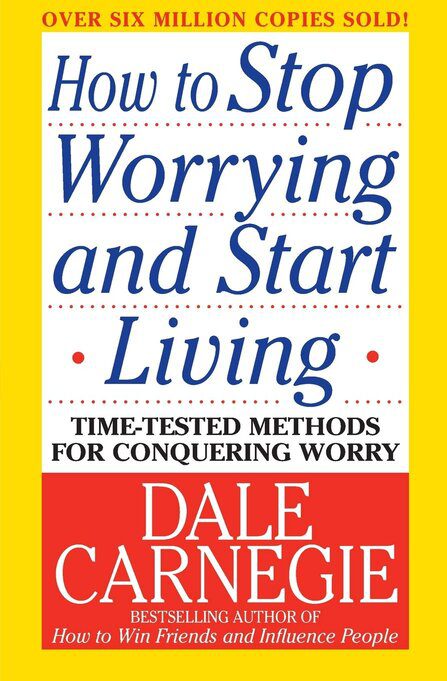
How strange it is, our little procession of life, wrote Stephen Leacock 1
The child says: ‘When I am a big boy.’ But what is that? The big boy says: ‘When I grow up.’ And then, grown up, he says: ‘When I get married.’ But to be married, what is that after all? The thought changes to ‘When I’m able to retire.” And then, when retirement comes, he looks back over the landscape traversed; a cold wind seems to sweep over it; somehow he has missed it all, and it is gone. Life, we learn too late, is in the living, in the tissue of every day and hour.”
One of the worst features about worrying is that it destroys our ability to concentrate. When we worry, our minds jump here and there and everywhere, and we lose all power of decision. However, when we force ourselves to face the worst and accept it mentally, we then eliminate all those vague imaginings and put ourselves in a position in which we are able to concentrate on our problem.
When we worry, our minds jump here and there and everywhere, and we lose all power of decision.
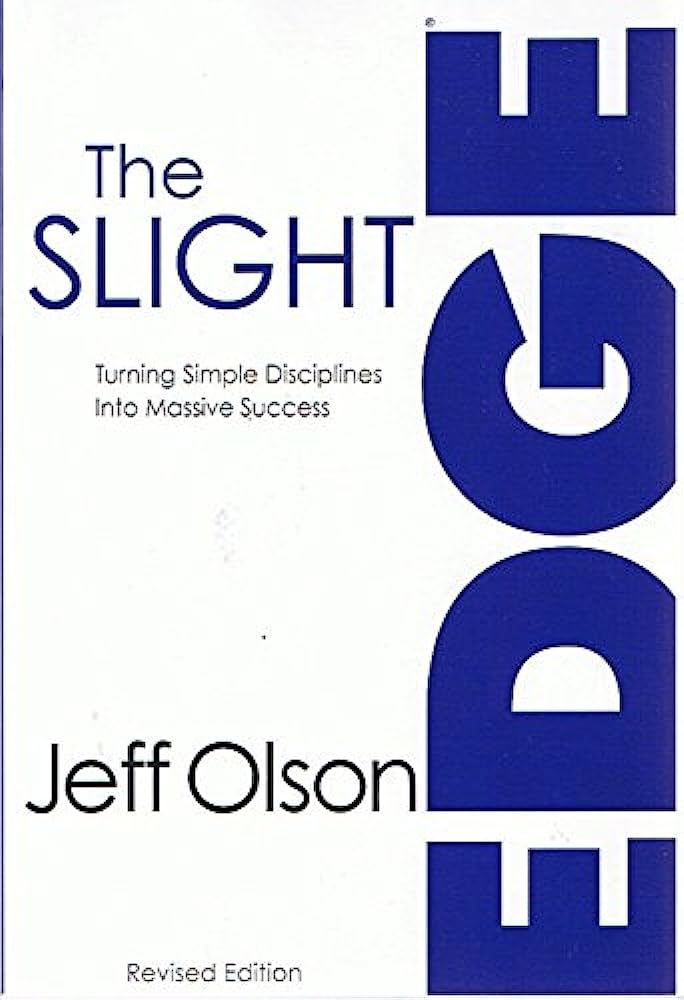
“Life is not a practice session; there’s no dress rehearsal. This is it. This is for real. So play it straight and be real with yourself. ”
There is no treading water in life, no running in place, because everything is in motion. If you’re not improving, enriching, building, unfolding—if you’re not adding assets to your personal and professional value every day—then you’re headed down the curve.
Meditation
- Daily Calm with Tamara Levitt – Santosha
- It is easy to succumb to thoughts of inadequacy and lack; we get fixated on thoughts like – I will finally be okay when I reach my goal weight, get that better job, or find that relationship. Once I have this, everything will be fine.
- The stories we tell ourselves about our life suggests something is always missing. Some incomplete pieces keep us from happiness. It is great to have goals, but it becomes unhealthy when we base our happiness on an ever-elusive external plan.
- Sanskrit word “Santosha” – San means completely or entirely, while Tosha means acceptance or contentment. Sontasha means complete contentment, finding satisfaction with who we are right now.
Once you shed your distorted lenses and self-doubting beliefs, there’s a good chance you’ll discover that you’re pretty awesome. And that the light burning within you is a far more accurate reflection of who you are than the stories you’ve been telling yourself.
- Daily Jay with Jay Shetty – Preventing Overwhelm
Podcast
- A Controversial New Way To Think About Addiction | Carrie Wilkens | Ten Percent Happier with Dan Harris
